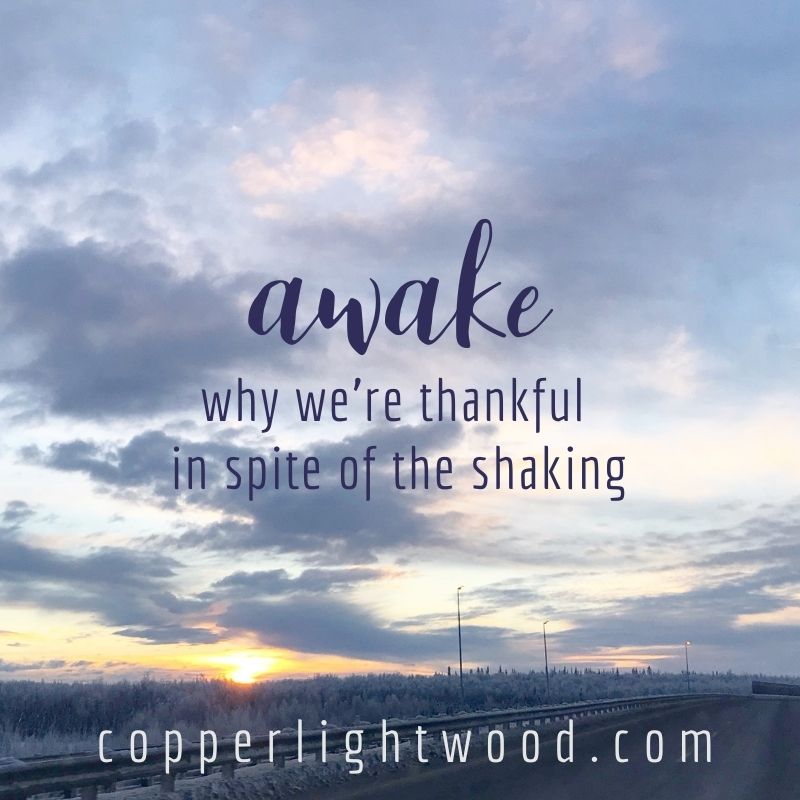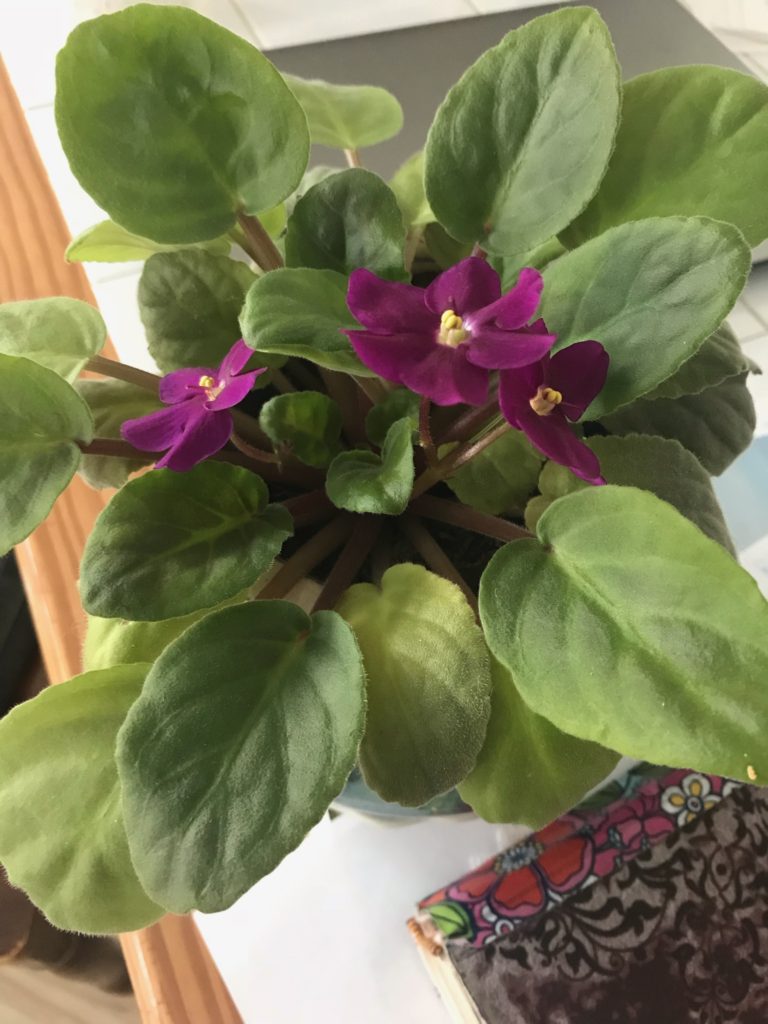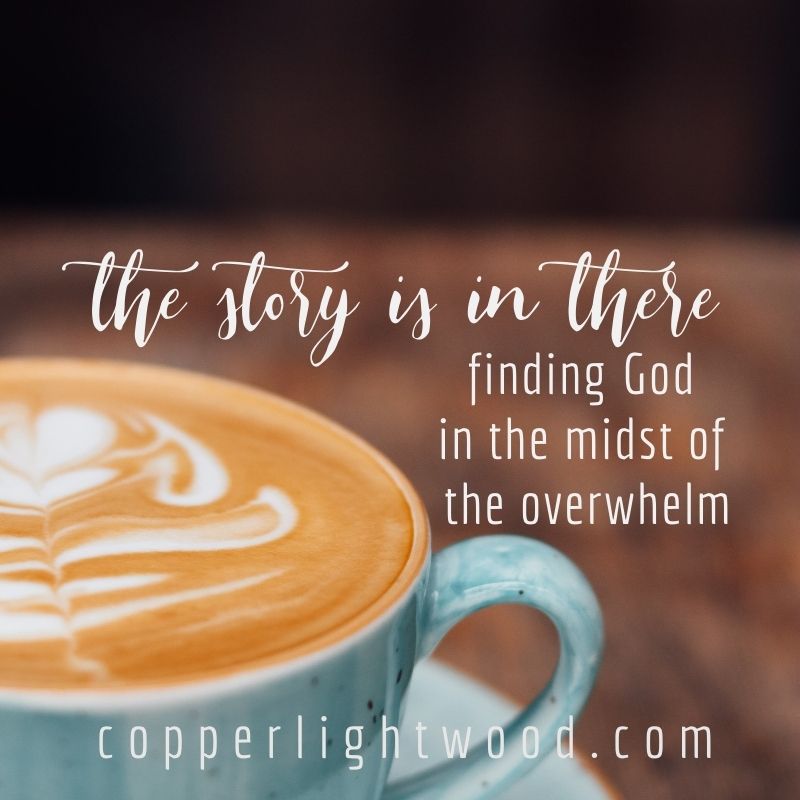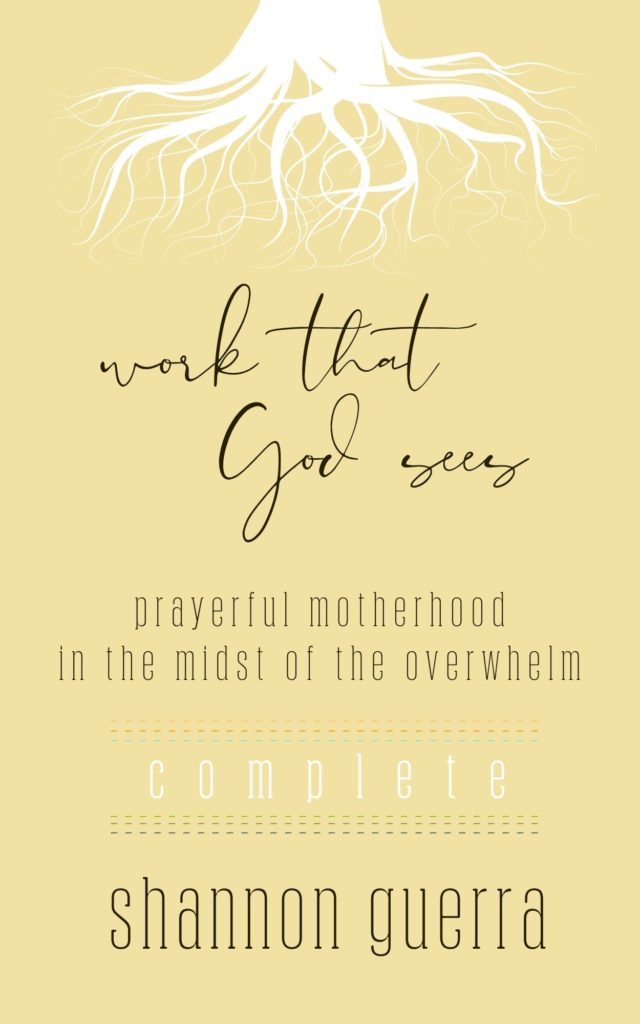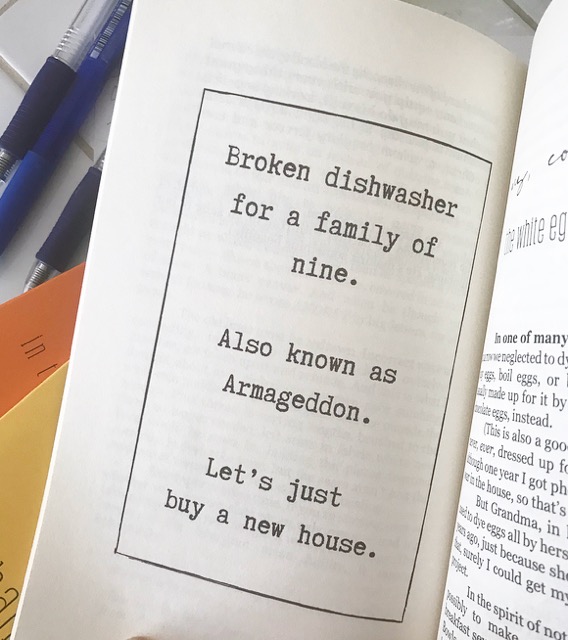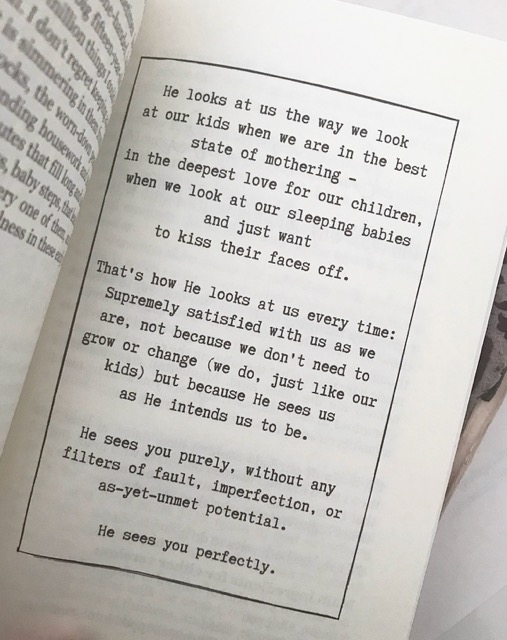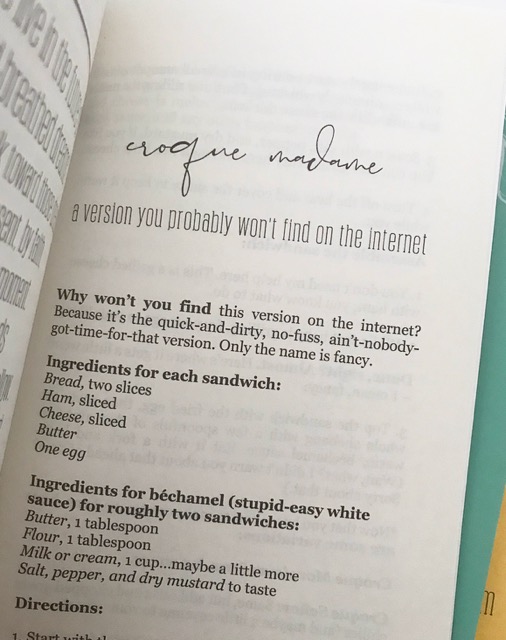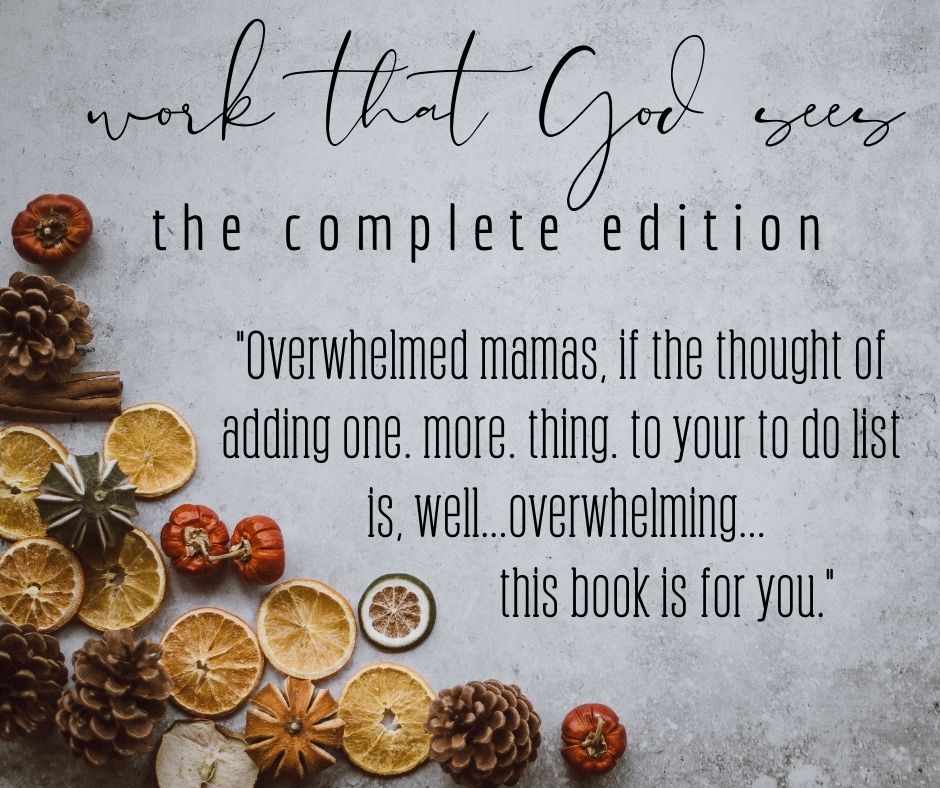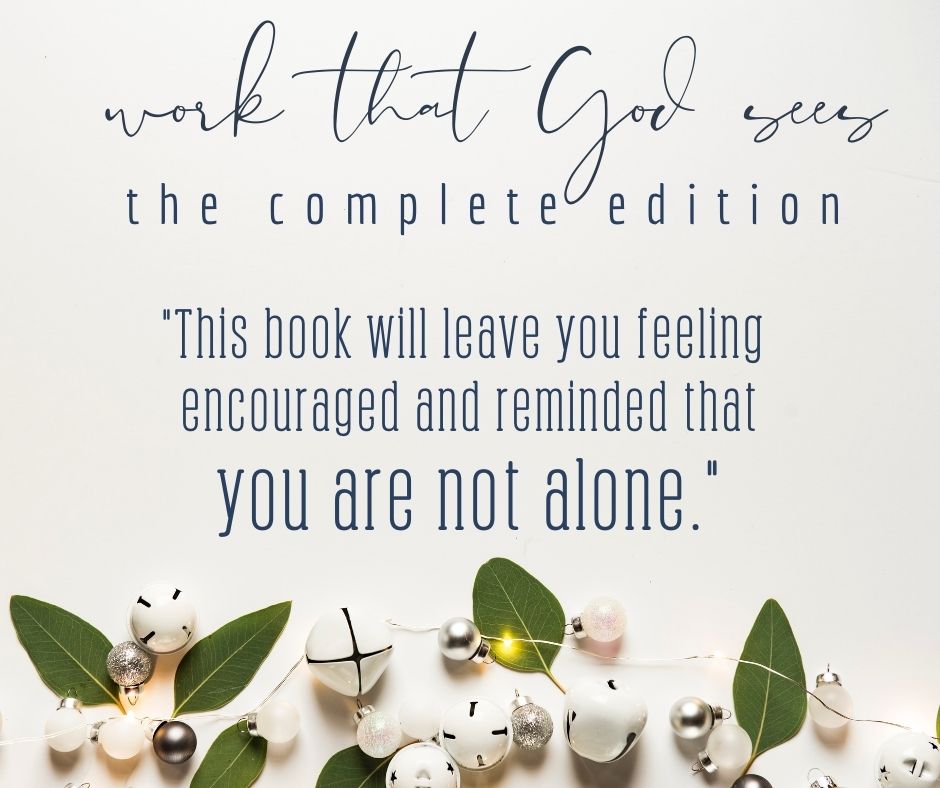Well friends, I’ve broken my streak: Until this week, I’ve successfully avoided all stores since…oh, February, I think. It has nothing to do with the agenda of social distancing or illnesses or government plots to overthrow the world; it’s just because I utterly hate shopping.
But the other night Vin and I took the Chimichangos – that’s Kav and Finn to you – to the store near our house to grab some stocking stuffers and other essentials. You know, like tortilla chips.

And Kav still doesn’t say much, so secrets are safe with him. But Finn, who talks all the time whether anyone is listening or not, is a security risk when it comes to gifts. And as soon as we got back home, he had an announcement.
“Afton!! We got you a NEW WATER BOTTLE!!”
Afton, scandalized at this breach of confidential information, waved him off, yelling, “Stop! Don’t tell me! Shh!!”
Undeterred, Finn plowed forward. “It’s BLUE!”
So that’s how that went. (For the record, he’s only partly right. It is blue. But it is not for Afton.)
My birthday was the following day and I woke up to fresh snow – it’s still one of my favorite gifts, though it’s not one I get every year – and the familiar back-forth, back-forth sound of the neighbor snowplowing his driveway. Christmas songs were playing downstairs.
Tell how the angels in chorus,
Sang as they welcomed His birth,
“Glory to God in the highest!
Peace and good tidings to earth.”
My phone rang, and I knew the name but was stunned to see it on the screen. Her eyesight is shot and I’m always the one who calls her these days.
“How many years are you now?” Grandma asked me.
“Forty-four,” I confessed.
“Fooorty-four!” She drew it out into long syllables. “How many years does that make me?”
“Well, you just had your birthday, and you turned…” I can’t remember, because the number coming to mind doesn’t seem like it could possibly be true. “You were born in ’31, right?”
“Right.”
“So…you’re 89.” And I think we were both shocked. “If you behave yourself, we can have you for many more birthdays.” She’s had two fancy helicopter rides in the last five years, and that’s enough for me.
“Behave myself?” she scoffed. “Is that required?!”
She said Michael, my uncle, remembered my birthday and reminded her to call me. She asked if the kids were helping me have a good day, and I told her they were all playing outside and leaving me alone for a few minutes, so, yes, they were. She asked if we had our tree up already. I said yes, and told her how Iree sewed a bunch of little bird ornaments that were all over the tree…although at first she gave them to Finn to put on the tree, so they were mostly just congregating on three branches. (Obviously the birds were too shy at first to mingle with the other weird ornaments. I bet if you let them loose in the store, they’d hate shopping, too.)
“He is such a sweet boy.” Then she tells me again: “Babies that come later in life are so special.”
She told me how she shoveled snow around her house that morning; it was a beautiful day and the temperature was perfect. Not too cold, not too warm. And if you’re curious what the perfect temperature for shoveling snow is to an 89-year-old Alaskan grandma, it was 24 degrees.
Tell me the story of Jesus,
Write on my heart every word;
Tell me the story most precious,
Sweetest that ever was heard.
Last month when it was her birthday, I called and tried to arrange dinner plans. Here’s how that went:
“I don’t know if I have plans,” she said. “Let me ask Michael when he gets home.”
“I already checked with him. You don’t have plans.”
“I don’t?”
“Nope. We’ve been calling and texting already.”
“You have?”
“Yeah. I told you, we’ve been working on this.”
“Oh. You’ve been working on this.”
“Well, yeah, a little.”
Then she tried a different tack. “Are you tired from all that work?” And then she giggled. Such a rascal.
But she was right – I am. I am tired. Tiiiired, you can say it in long syllables.
This month had birthdays for Kavanagh and me, and by that second week, the month already looked like it was headed off the rails. As I type this, three things are due by the end of the month, including a big new project. And we’re hoping to take a few days off before Christmas.
I want to make cookies and deliver gingerbread to the neighbors. Vin wants to make tamales and deliver them to friends. There are sewing projects and presents to wrap and a scarf I’m making for Iree. And I also want time to just sit and do nothing, provided that “nothing” means I can work on the puzzle in the library.
It doesn’t look super promising, when it’s all put down like that.
And as I start to feel the tension rise in my chest, there’s a check in my spirit.
Fasting alone in the desert,
Tell of the days that are past,
How for our sins He was tempted,
Yet was triumphant at last.
I know this feeling; it’s striving. It’s the overachiever, the ambitious list maker, the I-can-do-it-by-myself independence, the get-it-all-done-and-cram-it-all-in flesh that I’ve been (mostly) delivered from for years, but it comes back at certain seasons…like Christmas.
I get the feeling that in five years I’ll look back on this the same way I look at my kids when they get all stressed out and take things too seriously.
Tell of the years of His labor,
Tell of the sorrow He bore;
He was despised and afflicted,
Homeless, rejected and poor.
But right then, looking at the list, was not five years from now. Right then I was thinking of all the things I needed to do and how the week kept shrinking. I was trying to figure out how much time I had before we had to leave for an event that night, and whether it would take more than five minutes to do my hair. And I was wondering what that Facebook notification was, and whose email just dinged in my inbox. And I needed to go to the bathroom.
Tell of the cross where they nailed Him,
Writhing in anguish and pain;
Tell of the grave where they laid Him,
Tell how He liveth again.
So this to-do list and I are staring each other down, and I’m filtering it through the sieve of God’s agenda versus my own. The work projects – those are His assignments. The downtime with the kids is, too. But the social media is not, all the events are not, and the striving and stress are not.
As I lay my agenda down, the Lord’s agenda becomes clearer:
Focused work. Undistracted evenings. A few projects with the kids. The puzzle at the table, maybe some baking, maybe some sewing.
And whatever can’t be done, doesn’t need to be done. When that’s the agenda, I can look forward to Christmas.
Love in that story so tender,
Clearer than ever I see;
Stay, let me weep while you whisper,
“Love paid the ransom for me.”– Frances Crosby, Tell Me the Story of Jesus
A couple of days after my birthday was Kavanagh’s, and that morning I woke up slowly while nursing him in bed. He had fallen asleep with his hands folded on my chest. This boy has stretched my parenting and my trust in God, teaching me that it’s okay to push ourselves to the limit as long as it is God’s agenda and not our own.
And I was struck with joy over this Christmas baby who, like another baby before him, was so unexpected and unplanned, but is such an over-the-top beautiful part of our lives.
It’s not the first time God sent that message to His people.
His own coming crossed the bounds of all our agendas, proving again that He still knows best, and He will go over the top to show His love for us.

